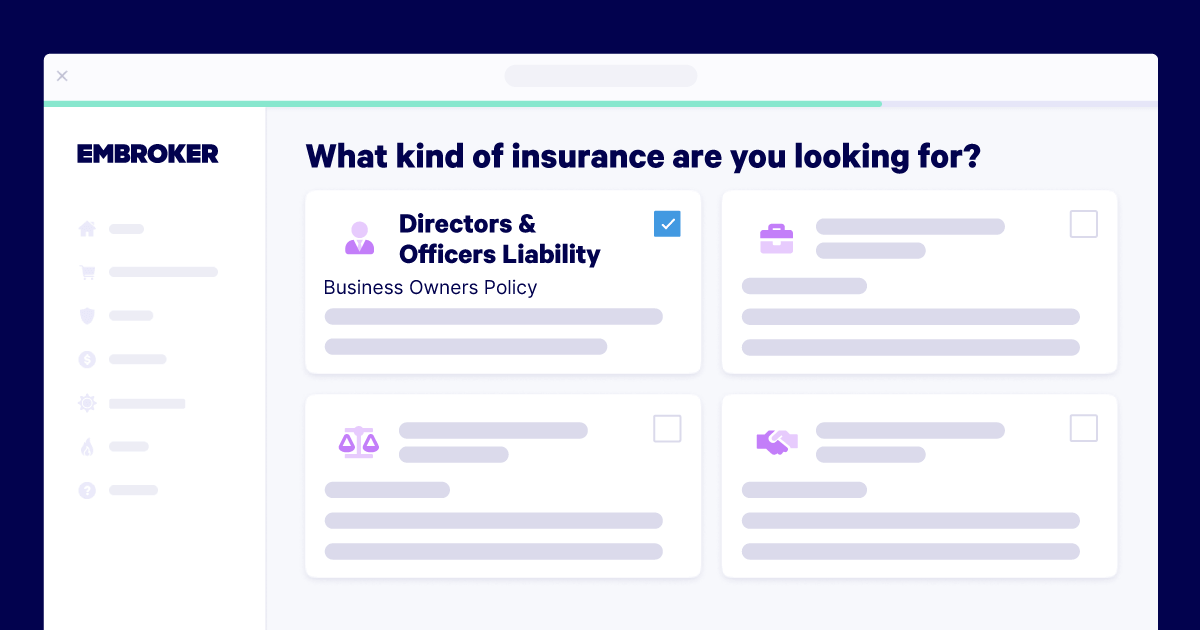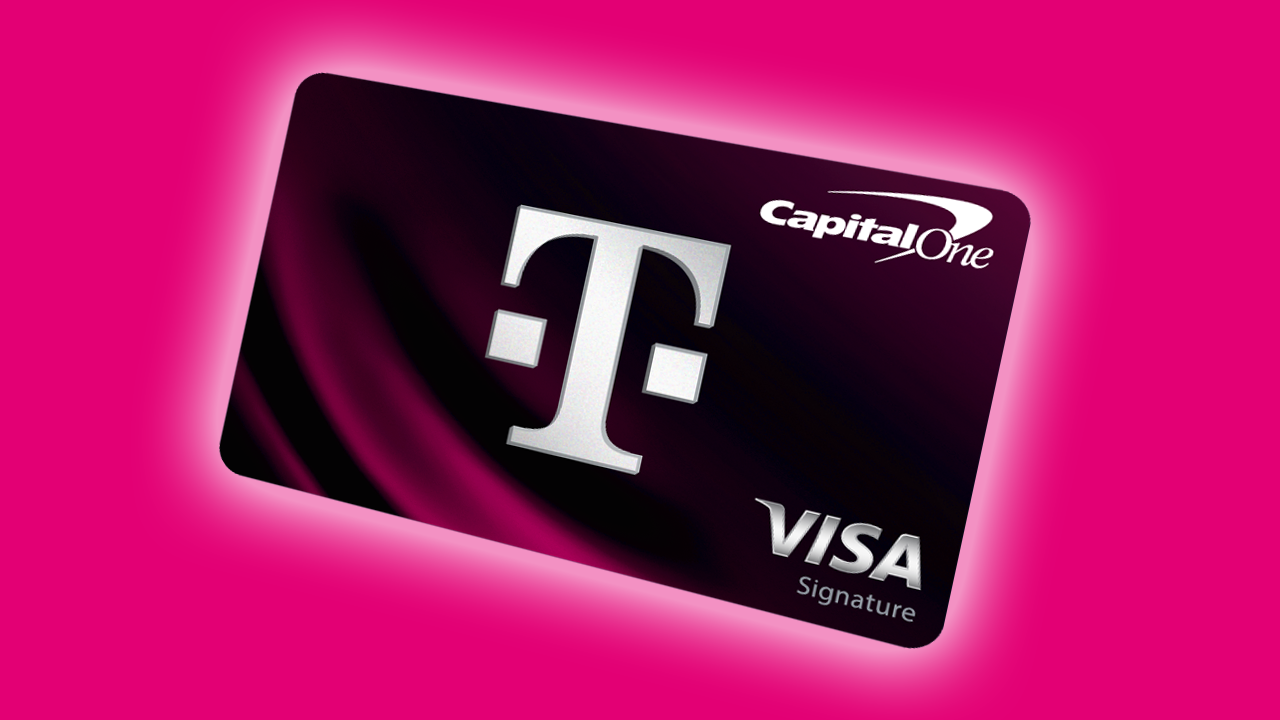In recent years, new technologies have been rolled out to increase efficiency, lower costs, and improve the borrower experience during the home loan process.
For example, there’s now digital verification, which allows borrowers to electronically share their financial information with lenders, including bank account and payroll data.
This in turn allows banks/lenders to verify income, employment, and assets without bugging the borrower and asking for mountains of paperwork.
At the same time, it improves accuracy and reduces mistakes since the information is coming direct from the source.
Still, many feel that getting a mortgage is a major pain and stuck in the stone age. While I agree, I’d be lying if I said it hasn’t gotten easier.
However, it still takes a month or more to get a mortgage, which in today’s day and age just doesn’t seem good enough.
Personal-Touch Has Significantly Declined
That brings me to a new study that was conducted by Fannie Mae to better understand adoption rates of said technologies.
Fannie surveyed recent home buyers who purchased a property with a mortgage acquired by the company between January 2023 and November 2023.
One of the survey’s key findings was that the use of personal-touch-only channels when obtaining a mortgage (for example in-person or by-phone) have “significantly declined.”
In other words, fewer mortgage applicants are picking up the phone to speak to a loan officer. And probably a lot less are driving down to the local bank branch.
They simply don’t have to thanks to today’s digital mortgage applications, electronic disclosures, eSigning, and that digital verification process mentioned above.
There’s also been a shift in basic human behavior. How often do you call someone as opposed to text them?
Even my own dad has caught on, and now typically sends a text message as opposed to making an old-timey phone call.
With the younger generations, a phone call seems ghastly. Who would do that?!
And while I’m not in total disagreement, I do appreciate the odd call every once in a while. Call me nostalgic.
Anyway, as you can see in the illustration above, in-person channels are becoming a lot less common, while a hybrid approach is taking center stage.
As recently as 2020, in-person was the leading channel to get a mortgage. Today, it’s just 33%, with hybrid coming in at 55%.
There’s also online-only, which accounts for just 12% (mind you it has nearly doubled from 2020).
And chances are it could probably triple in the next five years from current levels, despite seeming to hold steady the past few years.
Fannie noted that “homebuyers’ interest in a more or fully digital mortgage process (where homebuyers could complete more or all steps online) is very high.”
It has jumped from 63% in 2021 to 90% as of 2024.
In terms of why borrowers are gravitating to the digital options, 75% said it “accelerates the process” and 71% said it “makes the process easier”
Simply put, no likes getting a mortgage. It’s not fun. So making it easier and faster is a no-brainer.
I Only Used Email to Get My Last Mortgage
That brings me to my story, which I only thought to tell after stumbling upon the Fannie Mae study.
When I applied for a rate and term refinance back in 2021 to get out of my 5/1 ARM and into a boring old 30-year fixed, I used a mortgage broker.
Full disclosure, it was an old colleague of mine. But here’s what kind of nuts. I didn’t call him once. Not a single time.
We didn’t speak on the phone at all during the process, and I’m not even sure if I sent him a text to be honest.
Instead, we just emailed back and forth to get through the process. And it wasn’t because I’m savvier or something.
It just wasn’t necessary to chit chat or get on a phone call. If I had a question (or he had one), an email would be fired off.
Aside from being convenient for both parties, everything was also documented. Everyone knows it’s good to get stuff in writing, especially when dealing with a home loan.
In addition, I could go back to a previous email if I forget what he said, or what he needed.
For me, it’s simply more efficient and there’s accountability. And since we’re pretty much all plugged in anyway, emails are read fast and responses come quickly as well.
There’s Nothing Wrong with Making Phone Calls
While this worked out great for me, despite being unintentional, I fully understand that some folks like face-to-face interaction.
And some at least want to make a phone call and hear the other person’s voice. Or discuss things more in-depth.
That’s all good. You can continue to do that if it suits you, or like many others, take a hybrid approach.
Sometimes a phone call just makes sense. It’s easier to verbally explain something, especially if you’re new to the whole mortgage thing.
In the future, I wouldn’t be surprised if things go a step further, and you only communicate with a chatbot or something.
Granted, that’ll be bittersweet if it leads to attrition and layoffs. And there’s still something special about human touch, especially with emotional decisions like home buying.
But I don’t think anyone would be upset if the refinance process is whittled down to days instead of weeks.
Lastly, there’s the question of compensation if the lending process becomes as easy as ordering dog food on Amazon.
On the one hand, you could argue that loan origination fees should come down if the work involved doesn’t match the cost.
On the other, a good broker or LO can make the process pain-free for the borrower, where it feels like they don’t have to do much of anything (because it’s handled behind the scenes).
Of course, if machines and software can eventually accomplish that and deliver such an experience, fees should come down.
Publisher: Source link












